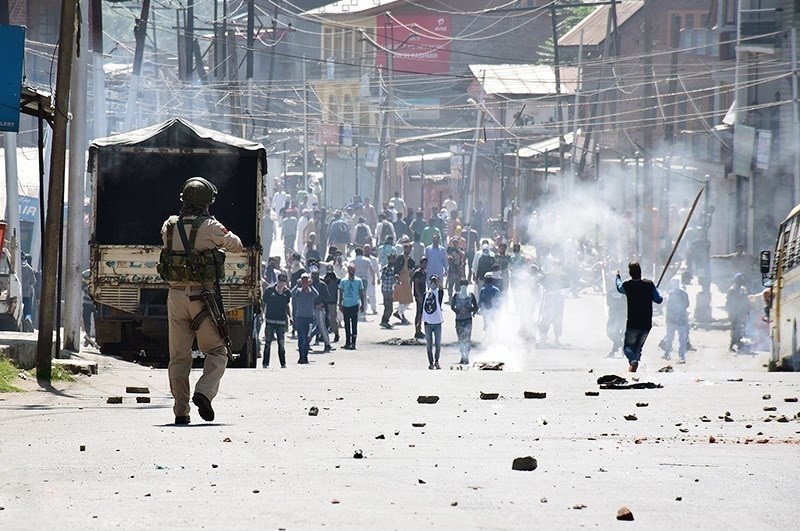The November 2021 elections confirmed the country’s evolution toward autocracy. The ruling Sandinista National Liberation Front (FSLN), controlled by the family of President Daniel Ortega, intensified repression, abandoning even the pretense of electoral democracy. Fear of reprisal stifles open criticism, consolidating Ortega’s dictatorship without internal opposition.
Nicaragua’s economy stabilized despite the impact of the COVID-19 pandemic and the 2018 protests. Pre-2018 levels of economic activity were achieved, with a real GDP increase of 10.3% in 2021 and a projected growth of 4.1% in 2022. However, concerns linger due to international isolation affecting investment opportunities and foreign-funded development projects, while poverty rates remain high.
Governance in Nicaragua reflects Ortega’s firm grip on power. The massive scale of persecution against dissenters, combined with the inhumane conditions of their imprisonment, suggests that the Ortega regime is pursuing a long-term strategy to preempt any domestic threats to its hold on power. Structural challenges like poverty reduction remain unaddressed.
